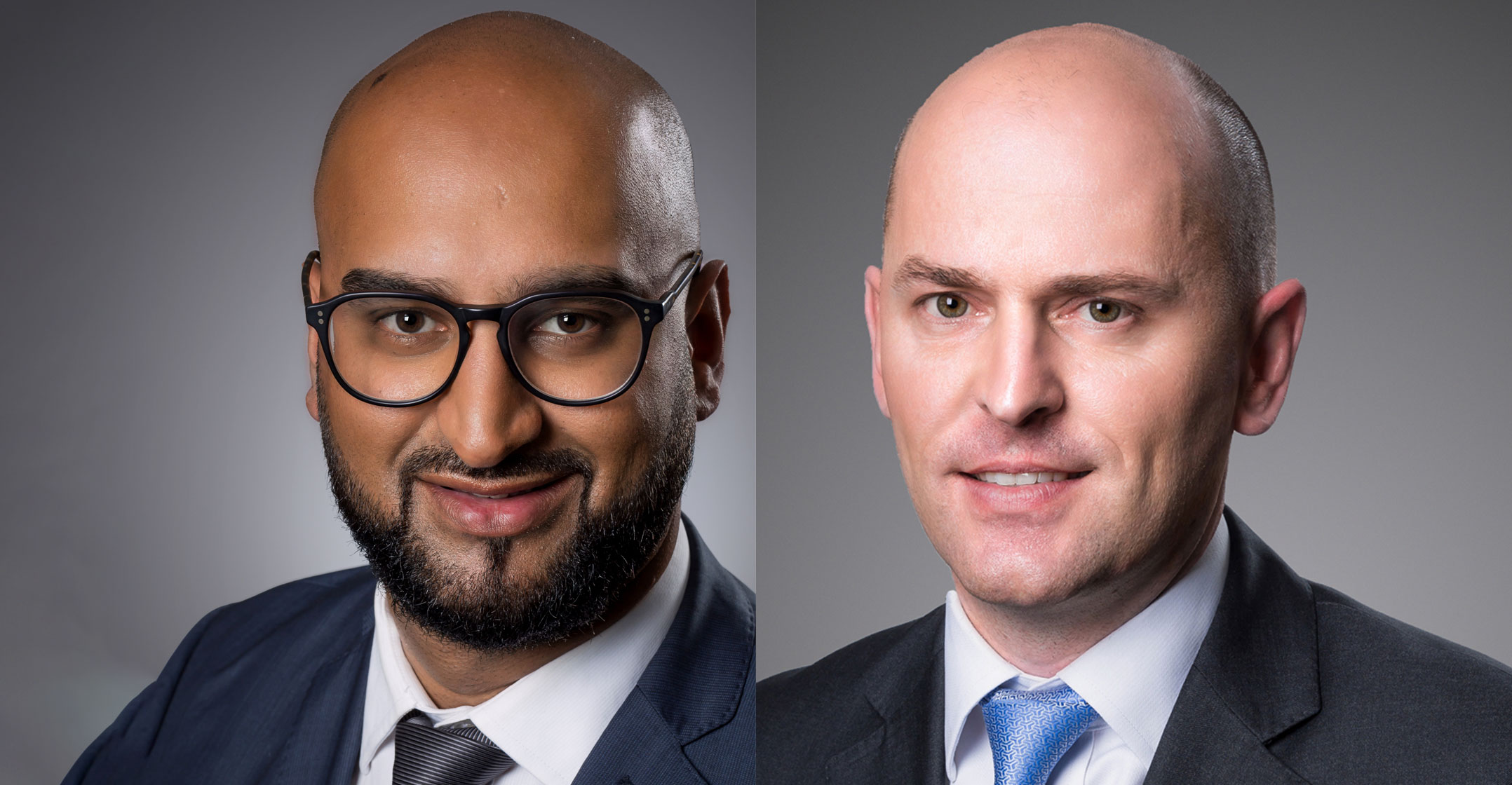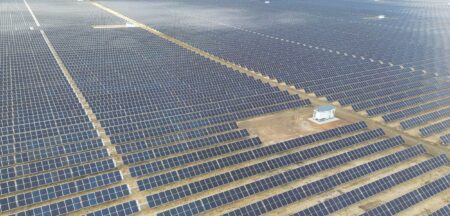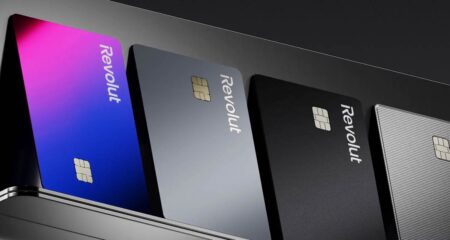
Creative new investment solutions are required to fund ICT infrastructure that can accelerate the roll-out of fast, unlimited Internet and provide low-income households with access to quality and affordable data that can bridge the digital divide.
Infrastructure capital is critical to reducing inequality and poverty and to facilitate the development of the smart cities that President Cyril Ramaphosa announced recently.
A smart city uses ICT to improve operational efficiency, share information with the public and provide a better quality of government service to citizens. Government asserts that the two smart city concepts identified, for KwaZulu-Natal and the Eastern Cape, will accelerate economic transformation with particular benefit to rural communities.
To enable the development of smart cities that can bridge the digital divide, quality fibre Internet access must first be delivered to the more than 10 million households that fall within the low disposable income bracket earning under R12 000/month.
In contrast to the pay-as-you-go data bundles by which most low-income households access the Internet, high-quality Internet fibre access has now reached most metropolitan middle-class homes and suburbs across the country. This impressive infrastructure feat remains, however, far from reaching the disadvantaged households and further exposes the underlying fault lines of inequality that continue to undermine South African economic and social transformation.
By the end of 2021, virtually all of the estimated 3.2 million households with a high LSM will be covered with fibre-based Internet, including those in small towns and peri-urban communities.
The challenge now is rolling out high-quality, unlimited Internet to lower income households. This will require the reliance of operators who already have density in those networks rather than trying to start up fresh infrastructure, which is prohibitively expensive.
Significant capital
Seeing as we have already made significant strides in putting in place infrastructure, existing players are better positioned to lead this roll-out, bearing in mind the costs of capital expenditure for new infrastructure. However, plugging in these 10 million-plus households into the fibre network will still require significant capital investment.
Proven funding models do exist. The current models of open-access infrastructure and infrastructure sharing are a vital component to increase competition at the retail layer, which can drive affordability of end-user tariffs and take-up by customers in the low-income market.
As important as the market take-up that can justify the capital expenditure is that this funding model must also lead to significant B-BBEE empowerment at a time when funding for B-BBEE transactions is scarce.
In June 2021, Old Mutual Alternative Investments subsidiaries AIIM and HE, which supplied the bulk of the funding requirement of the B-BBEE partner (along with an international consortium) agreed to acquire a 25.8% interest in MetroFibre Networx, which specialises in building fibre networks.
 The MetroFibre model is part of the increasing trend towards infrastructure sharing between competitors, driving down the cost of Internet connectivity as it lessens the capital expenditure required to build costly new infrastructures such as towers and data centres. The lower capex requirements also make empowerment funding a less risky proposition for investors.
The MetroFibre model is part of the increasing trend towards infrastructure sharing between competitors, driving down the cost of Internet connectivity as it lessens the capital expenditure required to build costly new infrastructures such as towers and data centres. The lower capex requirements also make empowerment funding a less risky proposition for investors.
Just as marginalised communities will continue to lag those with quality access to the Internet, black investors and entrepreneurs will require access to quality funding solutions that will allow equitable ownership of the ICT sector.
Amid South Africa’s continuing inequality and poverty, alternative investment models committed to addressing socioeconomic challenges can achieve real empowerment and transformation that can drive a new wave of economic growth and prosperity.
- Ed Stumpf is investment director at African Infrastructure Investment Managers (AIIM) and Mujaahid Hassan is co-head of Old Mutual Alternative Investments Hybrid Equity (HE)




